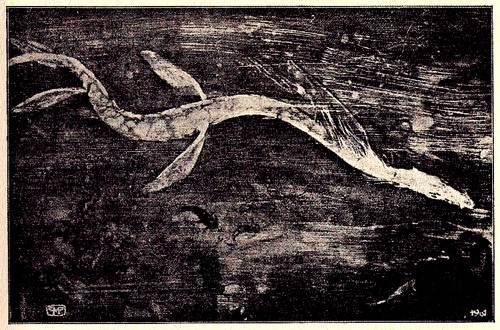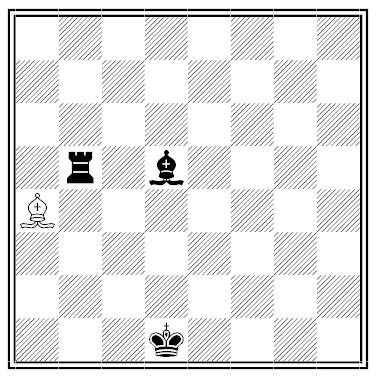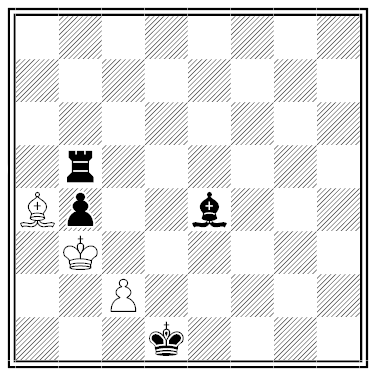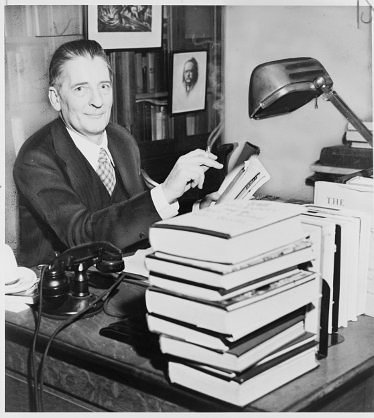
Sailing in the Gulf of California aboard H.M.S. Fly around 1838, Capt. George Hope looked down through waters “perfectly calm and transparent” and saw something new. Or, perhaps, old. From The Zoologist, 1849:
[H]e saw at the bottom a large marine animal, with the head and general figure of the alligator, except that the neck was much longer, and that instead of legs the creature had four large flappers, somewhat like those of turtles, the anterior pair being larger than the posterior: the creature was distinctly visible, and all its movements could be observed with ease: it appeared to be pursuing its prey at the bottom of the sea: its movements were somewhat serpentine, and an appearance of annulations or ring-like divisions of the body was distinctly perceptible.
“Captain Hope made this relation in company, and as a matter of conversation,” writes Edward Newman. “When I heard it from the gentleman to whom it was narrated, I inquired whether Captain Hope was acquainted with those remarkable fossil animals, Ichthyosauri and Plesiosauri, the supposed forms of which so nearly correspond with what he describes as having seen alive, and I cannot find that he had heard of them; the alligator being the only animal he mentioned as bearing a partial similarity to the creature in question.”




